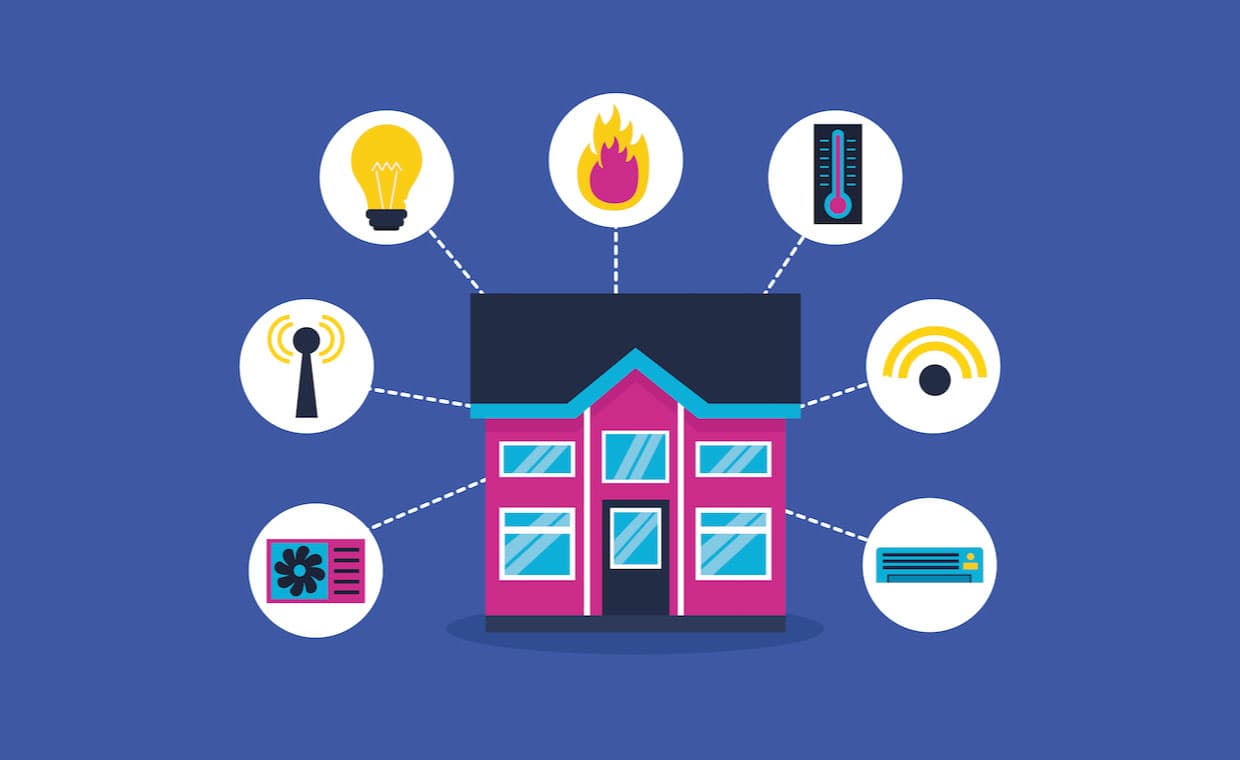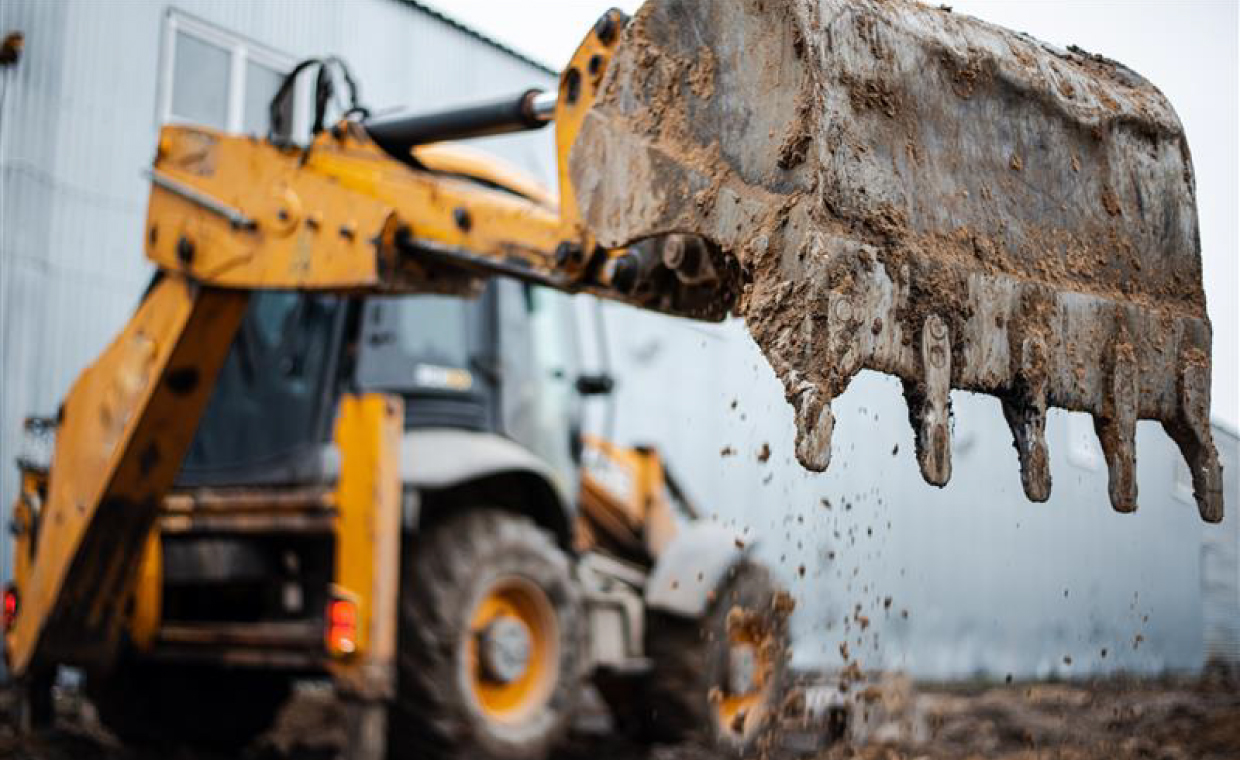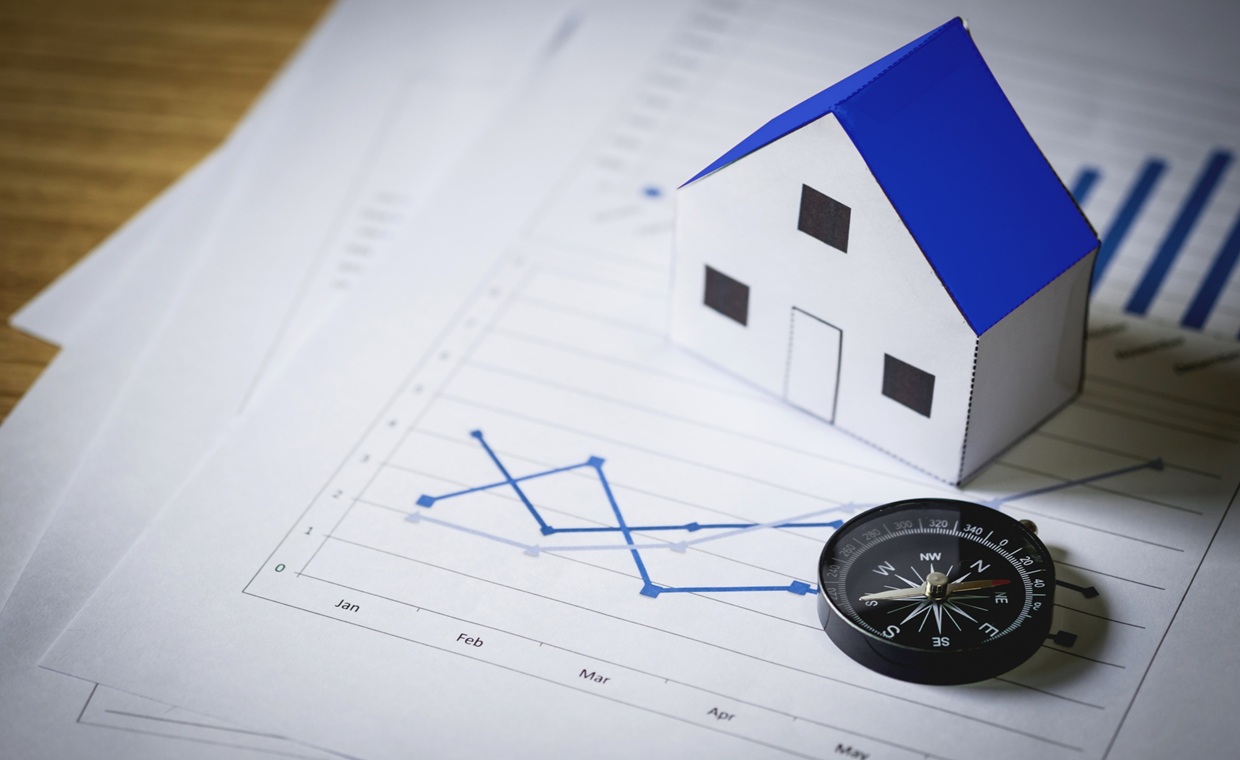
Electricity is something we all take for granted and use daily in our homes without considering the risks associated with it. Electrical safety for homeowners is crucial, as electricity powers everything from charging devices and kitchen appliances to keeping the lights on. However, it can be deadly when not handled properly.
Knowing a few safety tips are the first steps in this direction and so is calling an electrician professional when you need to. In an attempt to address this serious issue of electric safety the blog looks at essential tips and when it make a good sense hire an Electrician To The Rescue.
1. Check Cords and Outlets Regularly

One of the easiest electrical safety tips you can apply at home is to check all cords and outlets frequently. Cords can fray, crack or become damaged which exposes the wires and makes it more dangerous to use an electric percolator. Watch for cords that are looking a little worse for wear, and be sure not to place them where they can easily become worn—under rugs or your furniture in particular.
Pro Tip: If you see any outlet sparking, buzzing or getting too hot call a licensed Electrician To The Rescue right away. These symptoms indicate poor wiring, that if not resolved can lead to a fire.
2. Avoid Overloading Outlets

Another most common but very serious electrical mistake made by homeowners is overloading outlets. Each outlet is rated for a certain current, and overloading this limit — by too many things running on the same outlet or power strip at once — will overload it. Overheating of overloaded circuits can be a great fire hazard. To make sure that your devices have the power necessary to use them safely, spread out any devices amongst a number of outlets or get additional outlets installed.
Get your electrician to help: If circuit breaker trips seem more regular, then it indicates a potentially overloaded electrical system. An electrician can assess your home electrical load, and adjust it if needed.
3. You Must Know the Circuit Breaker Panel

Located in a garage or utility room, the circuit breaker panel is the heart of your home’s electrical system. Know your breaker box, and take note of what switches do for different certain sections in the house that is invaluable information in the event the breaker trips or another electrical issue occurs.
Safety Tip: When a circuit breaker trips frequently, it is not enough to simply reset the breaker. Recurring tripping can be a sign that there is an issue with the wiring or it could also denote other underlying elements like the overload of electrical circuits. In this case, you should call an electrician to diagnose and fix your breakers.
4. GFCIS for Protection Against Electrical Shocks

Hover over the outlet and you should see that it has a GFCI plug. (Learn more about how your bank works) It is designed to protect you from electric shock by detecting ground faults (unexpected electrical paths leading underground or through water, etc.) via automatic power cutoff at the device! This is why they are crucial components in high humidity areas like bathrooms, kitchens and outdoor outlets. Even if your home lacks GFCI outlets in these spots, they are life-savers when it comes to electrical safety.
Call a pro: If you’re not comfortable working with electricity, have an electrician handle the job for you. Inspectors will confirm that the stores are set up correctly and work accurately.
5. Leave Complex Jobs to Professionals

While doing small jobs can often be a fulfilling project, some things are sometimes best left to professionals. Even minor jobs such as light fixture or switch installations can be a safety hazard if not carried out properly. This is important because homeowners inexperienced with DIY could potentially shock themselves, or short circuit the wiring which would possibly result in burning down their own home.
Reminder: Knowledgeable electricians are not only proficient in doing work but also make sure it is compliant to regional building codes (this can be critical if you decide once wanting to sell the house).
6. Pull The Plug on Any Appliances Not in Use

It may sound strange, but unplugging things like space heaters may also help a little bit with energy efficiency and fire risk. Some appliances still use some electricity even when off, so unplugging them can make sure they do not overheat or breakdown. For big appliances — think your fridge or washing machine — make sure they’re directly plugged into an outlet, not an extension cord.
Pro tip: Should you have an electrician come to your home and suspect that there simply isn’t enough headroom on any of the circuits for larger appliances, don’t leave with a new appliance without asking.
Conclusion
In responsible homeownership, electrical safety for homeowners is of paramount importance. Following the above tips and knowing when to seek professional advice can ensure the safety of your loved ones. From checking cords and avoiding overloads to trusting professionals with complex tasks, these practices help prevent dangerous situations and keep your home up-to-code. The key to peace of mind tomorrow is making electrical safety for homeowners a priority today; by following these tips (and calling in professionals when needed), you can keep potential hazards at bay.
Also Read: Common Electrical Issues and When to Call an Electrician






























